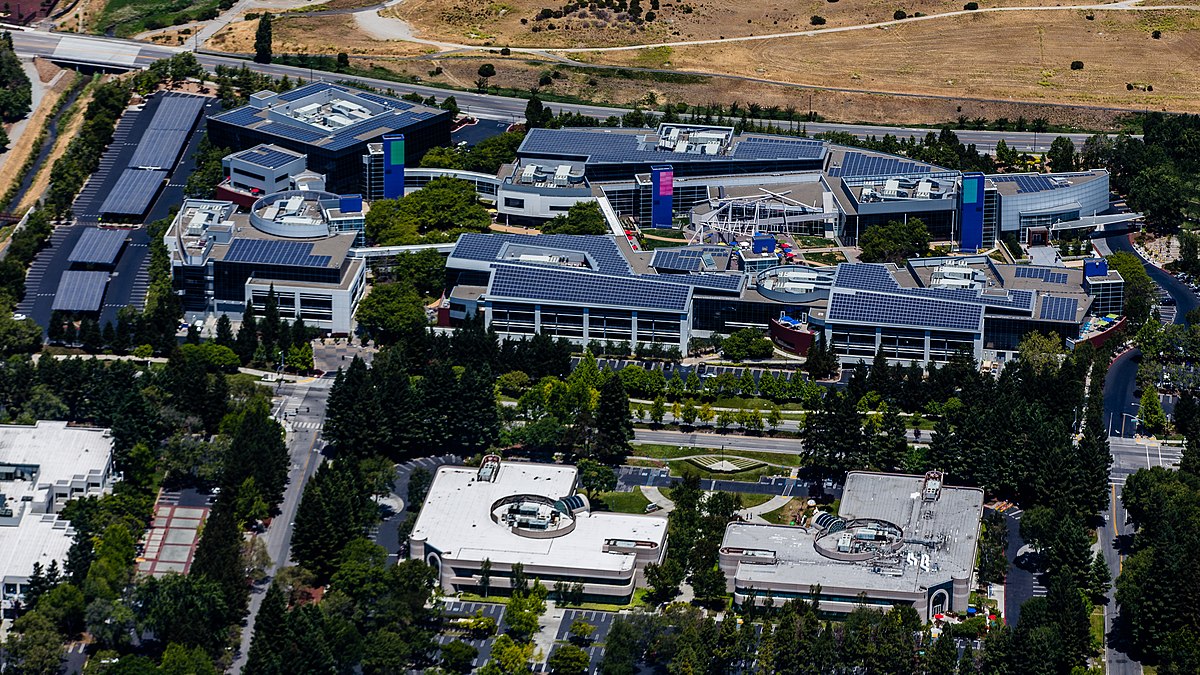The Shadow of the October Shutdown and the COLA Delay
Today, October 21, 2025, the American financial landscape is frozen by more than just high interest rates. The ongoing federal government shutdown has forced the Bureau of Labor Statistics to delay the highly anticipated September Consumer Price Index report until October 24. This delay has left millions of retirees in a state of suspended animation, waiting for the official word on the 2026 Social Security Cost-of-Living Adjustment. While early estimates from the Social Security Administration suggest a 2.8 percent increase, the reality for those living on fixed incomes is far more grim. This 2.8 percent figure, while higher than the 2.5 percent seen in early 2025, fails to account for the localized hyper-inflation in Medicare Part B premiums, which are projected to spike by nearly 12 percent in the coming year.
Wall Street is not waiting for the government to reopen. The 10-year Treasury yield is currently hovering at 4.11 percent, a significant drop from the 4.80 percent peak seen in January 2025. However, this downward trend has not triggered the housing relief many predicted. Mortgage rates remain stubborn, with the 30-year fixed average sitting at 6.34 percent. For a generation trapped between aging parents and adult children, the math simply no longer works.
The Myth of the Lazy Gen Z and the Reality of the Squeezed Gen X
For years, the economic narrative focused on the student debt of Millennials and the lack of savings in Gen Z. As of late 2025, that focus has shifted. Millennials have actually seen their average wealth double compared to what Gen X held at the same age. The real crisis is now concentrated in the 45 to 60 demographic. These individuals, often called the Sandwich Generation, are currently responsible for a staggering $15 trillion in global spending this year, largely driven by the dual burden of elder care and the failure of their adult children to achieve financial independence. While the September CPI report is expected to show headline inflation at 3.1 percent, the specific basket of goods for this demographic, including healthcare and private university tuition, is rising at nearly double that rate.
Wealth Concentration and the 2025 Liquidity Trap
The data from the UBS Global Wealth Report 2025 reveals a stark divide. Baby Boomers still control 51.1 percent of all U.S. household wealth, totaling approximately $85.4 trillion. In contrast, Gen X holds $43.7 trillion. While this looks substantial on paper, much of this wealth is illiquid, locked in home equity that cannot be accessed without abandoning a 3 percent mortgage for a 6.3 percent rate. This is the Lock-in Effect, and it is paralyzing the secondary housing market. The following table illustrates the current generational wealth gap as of October 2025.
| Generation | Total Wealth (Trillions) | % of US Wealth | Median Net Worth (Ages 45-54) |
|---|---|---|---|
| Baby Boomers | $85.41 | 51.1% | N/A |
| Generation X | $43.70 | 26.1% | $247,000 |
| Millennials/Gen Z | $17.97 | 10.7% | N/A |
The Technical Mechanism of the Mid-Life Equity Drain
We are witnessing a technical phenomenon known as a sequence of returns risk for those planning to retire in the next 36 months. Unlike the retirees of 2020 who benefited from near-zero rates and a massive bull market, the class of 2025 is retiring into a period where the 10-year real interest rate is still positive. This means that every dollar of savings has to work harder just to maintain purchasing power. For a 55 year old Gen Xer with a median net worth of $364,000, the prospect of a comfortable retirement is a statistical anomaly. Most financial planners now suggest a minimum of $1.5 million for a basic standard of living in the current inflationary environment.
Furthermore, the student loan narrative has mutated. It is no longer just a Millennial problem. Approximately 18 percent of Gen Xers have now taken out student loans for someone else, usually their children. These Parent PLUS loans carry higher interest rates and fewer repayment protections than standard undergraduate debt. This secondary debt layer is the primary reason why financial satisfaction among Gen X has plummeted to just 25 percent this month, matching the historic lows of Gen Z.
The Fed Policy Divergence
As we approach the October 28-29 FOMC meeting, the markets are pricing in a 96 percent probability of another 25 basis point cut. While this signals a move toward a neutral rate, it creates a dangerous divergence. Lower rates may eventually help the housing market, but they simultaneously reduce the yields on the high-yield savings accounts that many in their 50s have relied on to bridge their retirement gap. This policy shift is a double-edged sword for the older demographic, trading income for the hope of lower debt costs that may never materialize for those already locked into fixed obligations.
The next major milestone is January 1, 2026. This is when the new 2.8 percent Social Security COLA officially takes effect. Investors and households should watch the December 2025 Medicare Part B premium finalization. If that figure exceeds the projected $206.50 per month, the COLA increase will be entirely neutralized for the average retiree, creating a net-negative income environment for the first quarter of the new year.



